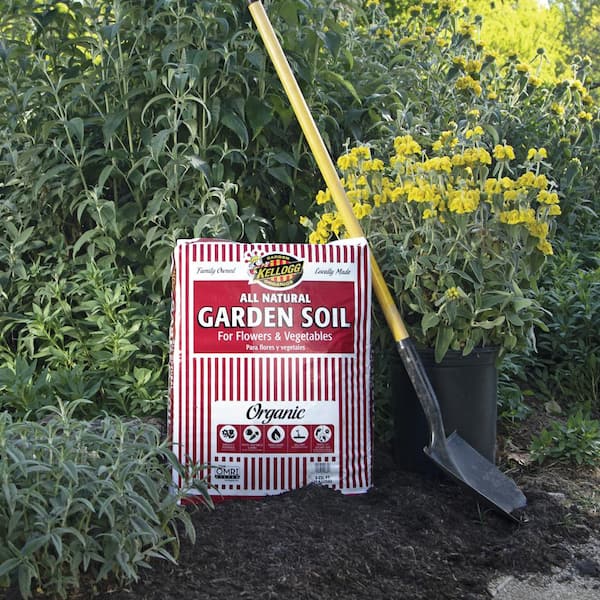Understanding the Essence of Organic and Natural Gardening: A Comprehensive Guide. Discover The true essence of organic & natural gardening with our easy-To-follow guide. Learn simple tips To grow healthy plants & boost your garden’s beauty!
What is Understanding The Essence of Organic & Natural Gardening: A Comprehensive Guide & how does it work?
Organic gardening embraces nature’s cycles. This approach focuses on sustainability, biodiversity, & soil health. Natural gardening avoids synthetic chemicals & fertilizers. Instead, it prioritizes natural inputs such as compost, manure, & organic matter. Plants thrive in environments rich with nutrients from organic matter. Pest control techniques incorporate natural predators & beneficial insects.
Brief history of Understanding The Essence of Organic & Natural Gardening: A Comprehensive Guide
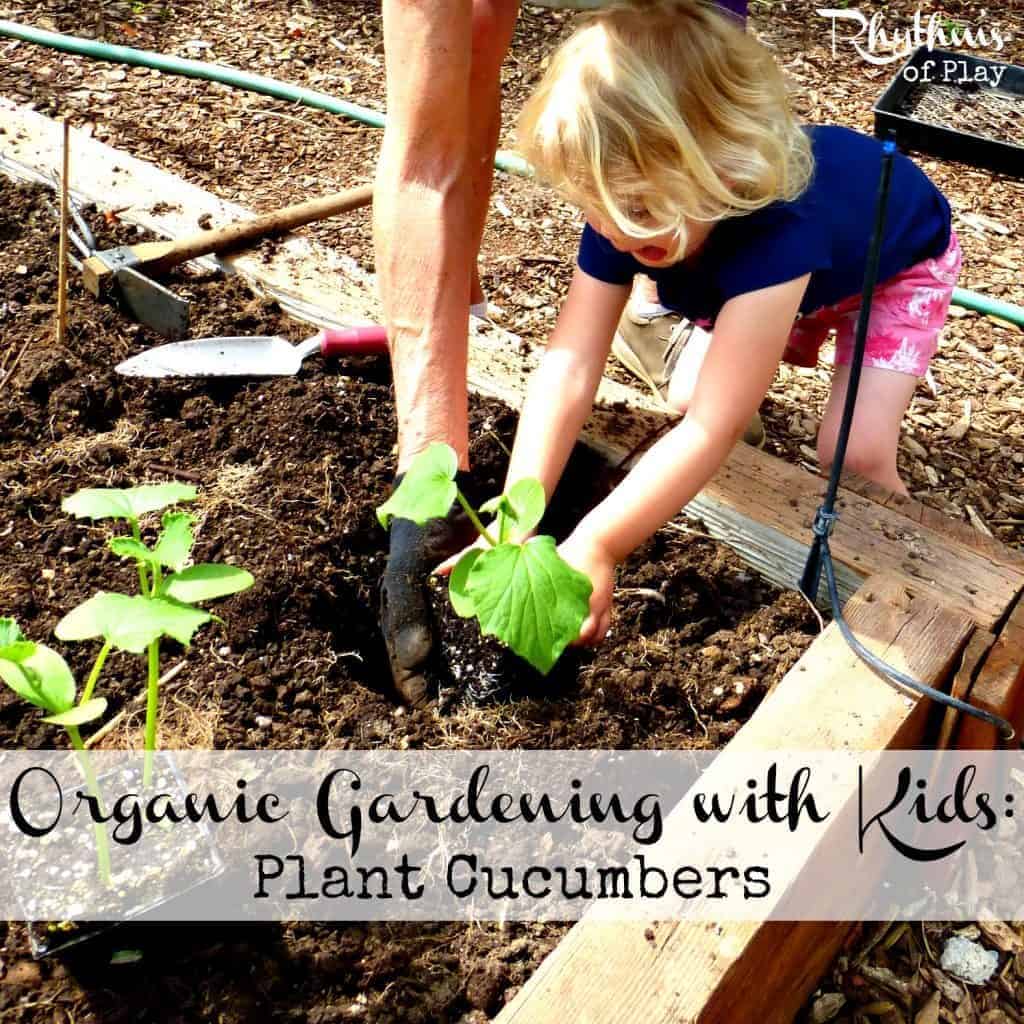
The roots of organic gardening date back centuries. Ancient civilizations often practiced forms of sustainable agriculture. Awareness grew in modern times, especially during 20th century. Prominent figures, like Sir Albert Howard & Rachel Carson, emphasized organic methods. Their work sparked interest in sustainable practices across continents.
How To implement Understanding The Essence of Organic & Natural Gardening: A Comprehensive Guide effectively
Implementation starts with soil analysis. Testing soil helps determine nutrient needs. Next, select plants suited for local conditions. Use companion planting techniques for pest management. Regular mulching retains moisture & suppresses weeds. Crop rotation enriches soil, preventing nutrient depletion & pests.
Key benefits of using Understanding The Essence of Organic & Natural Gardening: A Comprehensive Guide
Organic gardening promotes healthier ecosystems. This practice enhances soil quality, resulting in better crop yields. Nutrient-dense produce also supports human health. Natural methods reduce harmful chemical residues in our food. Moreover, biodiversity benefits local wildlife & promotes balance.
Challenges with Understanding The Essence of Organic & Natural Gardening: A Comprehensive Guide & potential solutions
Challenges exist in organic gardening. Pest infestations can threaten crops. Weeds compete for resources in gardens. Limited knowledge can also impede success. Solutions include integrated pest management & community learning workshops. Connecting with local gardeners fosters knowledge sharing & support.
Future of Understanding The Essence of Organic & Natural Gardening: A Comprehensive Guide
Future trends lean toward urban organic gardening. Urban spaces will increasingly transform into green oases. Technology, such as apps, will aid gardeners in planning & management. Education around sustainable practices will expand, reaching diverse audiences. Demand for organic produce continues rising among consumers.
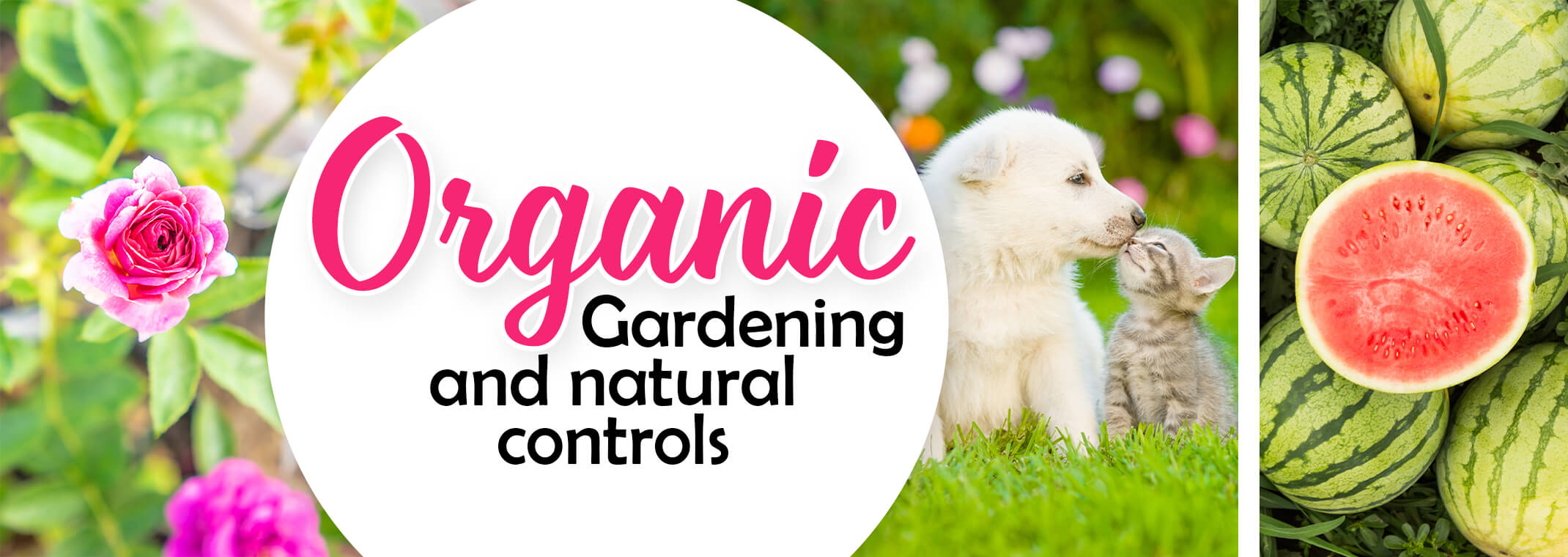
Understanding Organic Gardening
Organic gardening promotes ecological balance. This method prioritizes sustainability. Chemical fertilizers & pesticides undergo strict avoidance. Instead, natural techniques provide better soil health & crop vitality. A rich resource exists at What is Organic Gardening, covering various organic gardening principles extensively.
Natural Label Confusion
Terms “natural” & “organic” create confusion for many. Regulations define organic gardening strictly. However, “natural” lacks a universal standard. Thus, products labeled natural may not adhere To organic standards. Misleading marketing practices can misinform consumers about product safety.
Understanding these distinctions proves essential. Organic gardening emphasizes soil health. It incorporates sustainable practices sourced from nature. Natural gardening, while similar, doesn’t guarantee The same rigorous compliance with regulations.
Both methods focus on ecological balance. Various approaches exist under each umbrella. Knowing which practices align with personal gardening goals helps clarify paths forward. This understanding fosters responsible gardening choices.
Soil Health in Organic Gardening
Soil acts as heart of any garden. Healthy soil nurtures plants, fostering growth. Organic gardening enhances soil fertility through natural amendments. Compost, manure, & cover crops restore nutrients over time. These practices prevent soil erosion & maintain moisture.
Microorganisms thrive within healthy soil. They decompose organic matter, releasing nutrients. This ecosystem creates necessary conditions for robust plant development. Eventually, a rich, active soil leads To stronger crops.
Testing soil regularly helps measure pH & nutrient levels. This practice allows for informed decisions regarding amendments necessary for optimal growth. Balancing nutrient levels ensures plants receive what they need without harmful chemicals.
Choosing Seeds & Plants
Selecting appropriate seeds plays a crucial role. Heirloom varieties yield excellent results. These seeds often boast better flavor & resilience. Local nurseries provide valuable resources for finding native species. Such plants adapt well t local climates.
Seed saving becomes a rewarding practice. This approach encourages genetic diversity. It allows gardeners t preserve unique plant characteristics essential for ecosystem health. Sharing seeds among local growers fosters community ties.
Many online resources & seed exchanges exist. Engaging in these platforms facilitates connections with other gardening enthusiasts. Diversifying plant selections nurtures resilience against pests & diseases.
Implementing Natural Pest Control
Healthy gardens attract beneficial insects. Ladybugs & lacewings serve as natural pest predators. Companion planting also assists in this endeavor. Certain plants repel harmful insects naturally.
Natural Repellents
Homemade sprays derive from common household ingredients. Garlic, hot pepper, & essential oils deter unwanted pests. These solutions represent effective alternatives t conventional methods. Implementing such practices ensures a healthier garden ecosystem.
Regular monitoring helps recognize pest problems early. This vigilance minimizes damage. Integrated Pest Management (IPM) strategies offer valuable insights into pest control while maintaining ecological balance.
Creating habitats for predatory insects enhances natural pest control efforts. Simple additions, like insect hotels, support local ecosystems by providing shelter. Building such habitats encourages biodiversity within gardens.
Watering Techniques for Organic Gardens
Proper watering techniques significantly affect garden success. Overwatering & underwatering lead t crop failures. Drip irrigation systems deliver water directly t plant roots efficiently.
Collecting rainwater conserves resources & benefits plants. Rain barrels capture runoff from roofs while reducing dependency on municipal sources. This sustainable practice supports water conservation initiatives.
Mulching helps retain moisture in soil. Organic materials, such as straw or wood chips, act as insulation. Utilizing these materials prevents weed growth & reduces evaporation, providing consistent moisture availability.
Composting as a Core Practice
Composting translates waste into valuable resources. Utilizing kitchen scraps & yard waste contributes t soil health. Decomposed organic matter enriches soil, providing essential nutrients for plants.
Understanding composting layers enhances success. Green materials, like grass clippings, provide nitrogen. Brown materials, such as dried leaves, add carbon. Balancing these components fosters optimal decomposition rates.
Regularly turning compost piles aerates them. This practice expedites decomposition, producing rich compost faster. Finished compost represents a free & organic fertilizer source, improving overall garden health.
Benefits of Crop Rotation
Crop rotation prevents soil depletion. This technique involves changing plant families seasonally. Rotating crops reduces pest populations & interrupts disease cycles. Vastly different root structures enhance soil structure & health as well.
Legumes, for example, fix nitrogen in soil. Planting them within rotation cycles enriches fertility naturally. Observing which crops thrive together guides future planting decisions.
Planning rotations helps gardeners maintain balance. Keeping track of plant families aids in building a diverse garden. Implementing crop rotation strengthens overall garden productivity.
Adopting Sustainable Practices
Sustainable gardening practices prove essential. Reducing waste & utilizing resources wisely fosters healthier ecosystems. Each action contributes t larger environmental efforts. Choosing renewable resources creates sustainable landscapes.
Permaculture Principles
Permaculture embraces various design principles. These focus on working with nature rather than against t. Integrating various elements leads t resilient ecosystems that thrive sustainably.
Zones in permaculture design promote efficient resource use. Each section receives attention based on its proximity t human interaction. Designing gardens with zones maximizes yields while minimizing labor.
Include diverse planting strategies within this method. Polyculture benefits biodiversity. Growing plants together encourages cooperation rather than competition among species.
Connecting with Nature Through Gardening
Gardening naturally connects t our environment. This practice fosters mindfulness & promotes well-being. Spending time outdoors cultivates a sense of tranquility. Understanding each plant’s needs enhances appreciation for natural ecosystems.
By engaging directly with soil & plants, individuals experience profound satisfaction. Growing one’s own food offers invaluable rewards, both physically & mentally. Observing nature’s cycles encourages a deeper awareness of ecological relationships.
Participating in garden-related community activities enriches connections with others. Local gardening clubs provide support. Sharing knowledge & experiences enhances personal growth & communal bonds.
- 🌱 Natural pest control methods
- 🌿 Soil health enhancement techniques
- 🌸 Companion planting strategies
- 🍅 Diverse crop selection
- 🚿 Efficient watering practices
- 🍂 Regular composting routines
- 🌍 Sustainable gardening principles
Embracing Challenges in Organic Gardening
Gardening presents inherent challenges. Weather conditions, pests, & diseases pose barriers. Adapting practices & mindsets facilitates overcoming obstacles in organic gardening. Understanding nature fosters resilience.
Staying informed about best practices supports success. Engaging with resources helps tackle common issues. Online platforms & local extension offices offer assistance tailored t individual needs.
Experiencing setbacks becomes part of learning. Each failure offers lessons for future endeavors. Remaining adaptable encourages ongoing growth, reinforcing commitment t organic gardening principles.
Future Trends in Organic Gardening
Organic gardening trends continuously evolve. Advances in technology & research improve practices. Hydoponics & vertical gardens promote innovative growing methods while saving space. These techniques rapidly gain popularity among urban gardeners.
Increased awareness around food sources propels demand for organic produce. More consumers seek transparency in agriculture, fostering a greater interest in sustainable practices. Engaging with local farmers markets supports this movement.
Joining community efforts cultivates awareness for local ecosystems. Supporting organic practices introduces future generations t ecological stewardship. Emphasizing healthy, sustainable practices ensures lasting impacts on communities.
Finding Resources & Community Support
Utilizing educational resources enhances organic gardening knowledge. Various organizations provide resources, from articles t workshops. One such resource, Nature’s Garden, offers insights into sustainable gardening practices.
Online forums & social media groups connect gardeners. Sharing experiences fosters community bonds. Engaging in discussions enhances knowledge & inspires innovative practices.
Volunteering with local gardening initiatives strengthens community ties. Involvement helps individuals gain hands-on experience while contributing t local ecosystems. Building connections with fellow gardeners creates a supportive network.
My Secret to Organic Gardening Success
Understanding the Essence of Organic and Natural Gardening: A Comprehensive Guide My Secret to Organic Gardening Success Understanding the Essence of Organic and Natural Gardening: A Comprehensive Guide
Understanding Organic Gardening
Organic gardening emphasizes healthy soil, biodiversity, & ecosystems. By working harmoniously with nature, gardeners yield plants without synthetic pesticides or fertilizers. This approach prioritizes sustainability. Healthy gardens thrive through natural processes, enhancing quality & nutrition. Many enjoy learning how soil fertility supports robust plants.
Consider diverse planting techniques & companion planting, which cultivate beneficial relationships between plants. For instance, marigolds deter harmful insects while attracting pollinators. Deep-rooted plants improve soil aeration, while ground covers suppress unwanted weeds. Observing nature reveals interconnected systems essential for organic gardening.
Scientific research highlights organic gardening benefits. Studies confirm that organic methods enhance biodiversity. These practices foster healthier ecosystems. Microorganisms, earthworms, & other organisms contribute vital functions within soil. They break down organic matter, releasing nutrients. Embracing these practices aligns with ecological principles.
Natural Gardening Principles
Natural gardening aligns closely with organic principles but emphasizes minimal human intervention. This philosophy engages with native plants & local ecosystems, respecting natural processes. Techniques such as mulching & composting promote a self-sustaining garden environment. Natural gardens often appeal To wildlife. Birds, butterflies, & beneficial insects thrive here.
Implementing natural gardening practices improves habitat quality. Establishing native plant species supports local biodiversity. These plants require less water, reduce maintenance needs, & resist local pests. Resilient gardens adapt better To changing climates with native species integrated into planting designs. Explore more about sustainable practices at Texas Native Garden.
Engaging with nature enhances mental well-being. Many find solace while gardening. Working with soil fosters connections between humans, plants, & wildlife. Through patience, gardeners cultivate meaningful relationships with environments. Discovering local flora further enriches gardening experiences. For further insights, visit Safer Brand Articles.
Soil Health & Fertility
Healthy soil forms The foundation for vibrant gardens. Understanding components of soil helps foster optimal growing conditions. Organic matter, minerals, & microorganisms contribute vital properties. Maintaining soil health ensures sustainable gardening practices. Focus on composting kitchen scraps & yard waste, enriching soil fertility.
Regular additions of organic matter improve soil structure. This practice promotes better water retention & drainage. Aeration improves root health & encourages growth. Testing soil pH helps determine nutrient balance. Achieving optimal conditions results in flourishing plants & bountiful harvests.
Minimizing soil disturbance keeps beneficial life intact. Tilling disrupts delicate ecosystems. Embrace no-till methods whenever feasible. Mulching reduces erosion, suppresses weeds, & enhances moisture retention. Investing time in soil health cultivates thriving ecosystems filled with diverse life.
Ecological Pest Management
Managing pests naturally relies on understanding ecosystems. Rather than using chemical pesticides, gardeners promote beneficial insects. Ladybugs, spiders, & lacewings prey on harmful pests, creating a balanced environment. Encouraging these allies fosters long-term pest control.
Creating habitats for beneficial creatures enhances pest management strategies. Planting diverse flower species attracts pollinators & predators alike. Incorporating traps while monitoring pest populations provides effective solutions. Utilizing barriers protects crops while minimizing interventions.
Regular observation helps identify potential issues early. Establishing action thresholds prevents pest outbreaks. Integrated pest management offers holistic techniques that blend natural approaches with minimal intervention. Learning about natural pest control methods proves rewarding as gardens grow healthier.
Water Conservation Techniques
Efficient water use matters in gardening. Implementing conservation techniques ensures gardens remain sustainable. Techniques such as drip irrigation & rainwater harvesting reduce dependency on water sources. Mulching prevents evaporation, maintaining moisture levels in soil.
Native plants often require less water than traditional species. Selecting drought-tolerant varieties conserves water resources while creating vibrant gardens. Grouping plants with similar water needs also optimizes water usage & minimizes waste. Applying these techniques contributes To conserving ecosystems.
Watering early in mornings or late afternoons reduces evaporation. Ensure thorough watering when administering moisture, promoting deep root growth. Monitoring local weather conditions helps adjust watering schedules. Embrace these practices for sustainable gardening while preserving natural resources.
Comparison of Organic vs. Natural Gardening
| Aspect | Organic Gardening 🍃 | Natural Gardening 🌼 |
|---|---|---|
| Soil Health | Focuses on soil fertility through amendments | Encourages natural soil processes without amendments |
| Pest Control | Uses organic pesticides if necessary | Relies on beneficial insects & plants |
| Water Management | Employs irrigation methods efficiently | Utilizes natural rainfall & drought-resistant plants |
| Plant Choices | Can include hybrids & non-natives | Prioritizes native & local species |
My Personal Experience with Organic Gardening
Engaging in organic gardening has transformed my life. I cultivated an herb garden in my backyard. Herbs flourished without synthetic fertilizers or pesticides. It became therapeutic; time spent nurturing plants provided solace. I learned invaluable lessons about nature, resilience, & sustainability. Each season unveiled new surprises & discoveries. Organic gardening connected me To nature profoundly.
Benefits of Organic & Natural Gardening
Opting for organic gardening provides numerous benefits. Healthier food options yield nutrient-rich produce. Reducing chemical exposure fosters a safer environment. These practices protect local ecosystems from harmful runoff & pollutants. Sustainability principles enhance biodiversity, creating thriving communities.
Natural gardening attracts diverse wildlife, enriching gardens with vibrant life. Birds, bees, & beneficial insects contribute significantly. Enthusiasts cherish unique interactions with vibrant ecosystems. Observing these interactions deepens appreciation for nature’s intricate balance.
If you wish for a thriving garden, consider organic & natural techniques. Both approaches promote healthy ecosystems while providing fresher food. Gardening becomes a joyful journey towards sustainability, health, & ecological balance. Embrace these practices, & your garden will flourish.
Resources for Learning More
Various resources exist for those interested in organic & natural gardening. Books, workshops, & online communities offer valuable insights. Engaging with local gardening clubs fosters connections & knowledge sharing. Exploring local floras enhances understanding of regional ecosystems & plant choices.
Numerous online platforms provide tutorials & courses about organic practices. Websites dedicated To gardening often feature articles, tips, & expert advice. Connecting with fellow enthusiasts creates supportive environments for knowledge exchange.
Your journey into gardening can flourish through exploring various avenues. Many resources provide guidance, inspiration, & education. Engage actively within your community; share experiences, learn collaboratively, & cultivate beautiful gardens together.
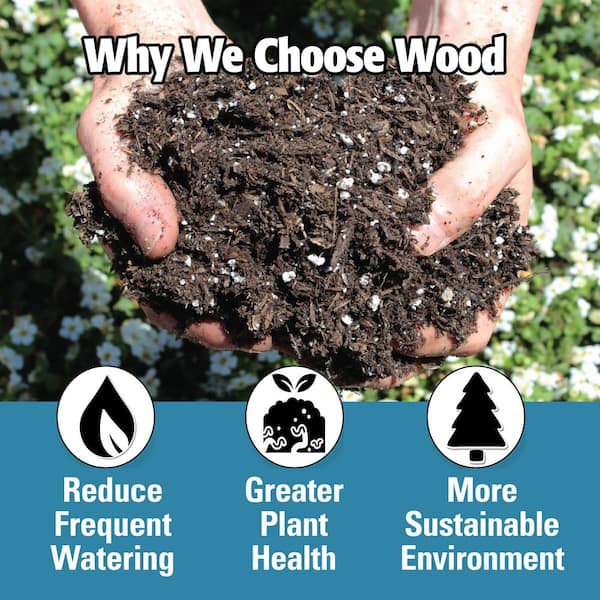
What is organic gardening?
Organic gardening is a method of gardening that avoids The use of synthetic fertilizers, pesticides, & herbicides. Instead, it emphasizes natural processes & materials, such as compost, crop rotation, & biological pest control, To maintain healthy soil & plants.
What is natural gardening?
Natural gardening focuses on creating a thriving ecosystem within The garden by mimicking nature’s processes. This method often involves using native plants, permaculture techniques, & minimal human intervention To promote healthy growth & biodiversity.
What are The benefits of organic gardening?
The benefits of organic gardening include healthier soil, reduced chemical exposure for humans & wildlife, improved biodiversity, & The production of nutritious, chemical-free food. It also promotes sustainable practices that can lead To a more resilient environment.
Can I use fertilizers in organic gardening?
Yes, organic gardening allows The use of organic fertilizers derived from natural sources. Examples include compost, well-rotted manure, & green manures. These fertilizers help enrich The soil without The negative impacts associated with synthetic fertilizers.
What are common pests in organic gardening & how can I manage them?
Common pests include aphids, slugs, & caterpillars. Organic pest management strategies include introducing beneficial insects like ladybugs, using barriers such as row covers, & employing natural repellents like neem oil or insecticidal soap To deter pests.
Is it possible To have a successful garden using only natural methods?
Yes, it is possible To have a thriving garden using natural methods. Success often relies on understanding The local ecosystem, soil health, & plant selection To create a balanced environment that supports growth without synthetic inputs.
How can I improve my soil health in organic gardening?
Improving soil health can be achieved through practices such as incorporating organic matter like compost, practicing crop rotation, planting cover crops, & minimizing soil disturbance. These methods enhance soil structure, nutrient availability, & microbial activity.
What plants are best for organic gardening?
Plants that are well-suited for organic gardening include native species, heirloom varieties, & resilient crops that are less prone To pests & diseases. Additionally, companion planting can help encourage healthy growth & deter problematic insects.
How can I conserve water in a natural garden?
Water conservation techniques include using mulches To retain moisture, installing drip irrigation systems, collecting rainwater, & selecting drought-tolerant plants. These practices reduce water consumption & promote sustainable gardening.
What is The role of biodiversity in organic & natural gardening?
Biodiversity plays a crucial role in organic & natural gardening by creating a balanced ecosystem that supports various species. Higher biodiversity can lead To better pest control, improved pollination, & enhanced soil health, ultimately leading To a more resilient garden.
Can I garden naturally in urban areas?
Yes, urban areas can successfully support natural gardening practices. Strategies such as container gardening, vertical gardens, & community plots allow urban dwellers To engage in organic gardening, making use of available space while promoting sustainability.
What is companion planting?
Companion planting is The practice of growing different plants in proximity for mutual benefit. Certain plants can help repel pests, enhance growth, or improve flavor when planted together, making it a beneficial technique in organic & natural gardening.
How does climate affect organic gardening?
Climate significantly impacts organic gardening by influencing plant growth, pest dynamics, & soil health. Gardeners should choose plants suited To their specific climate conditions & adapt their practices To optimize growth & yield based on local weather patterns.
What should I do about weeds in organic gardening?
Weeds can be managed in organic gardening through techniques like hand weeding, mulching, & using organic ground cover plants. Keeping The garden well-maintained & using suitable weed management strategies can help control weed growth effectively.
Conclusion
In summary, organic & natural gardening is all about nurturing our planet while growing healthy plants. By choosing natural methods, we create a vibrant ecosystem that benefits both our gardens & our well-being. Remember, it’s not just about what you plant, but how you care for it.
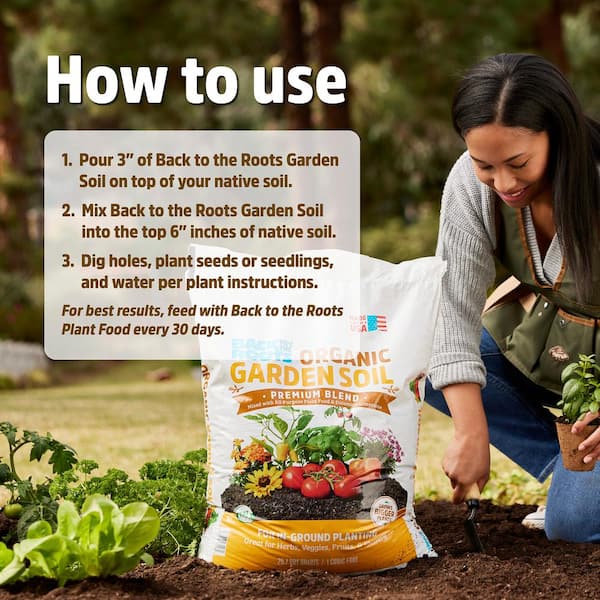
Embracing these practices can lead To beautiful results, whether you’re growing flowers or vegetables. So, get your hands dirty, connect with nature, & enjoy The process. With patience & love, your garden will flourish, proving that organic gardening is not only good for you but also great for The Earth. Happy gardening!
